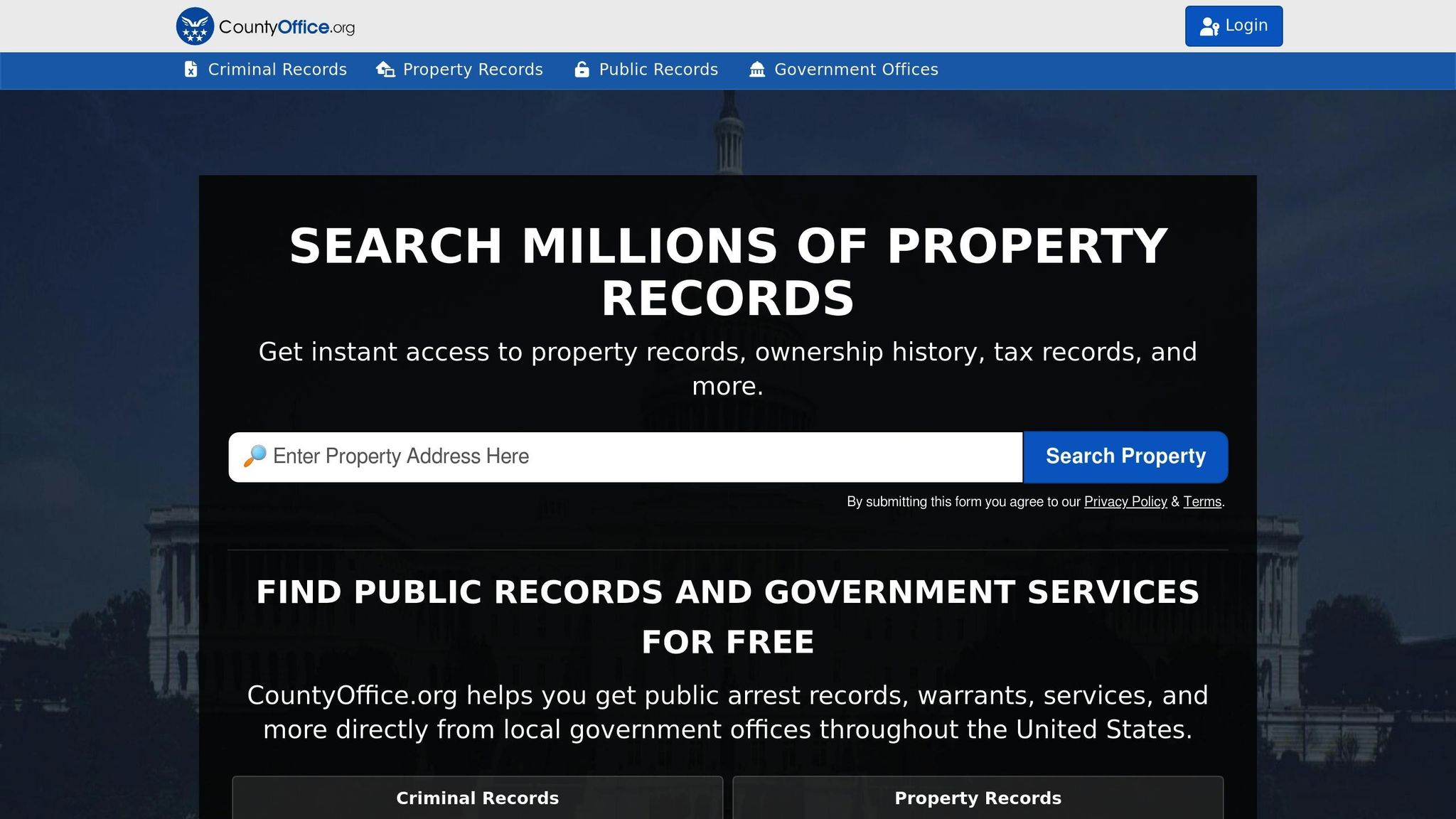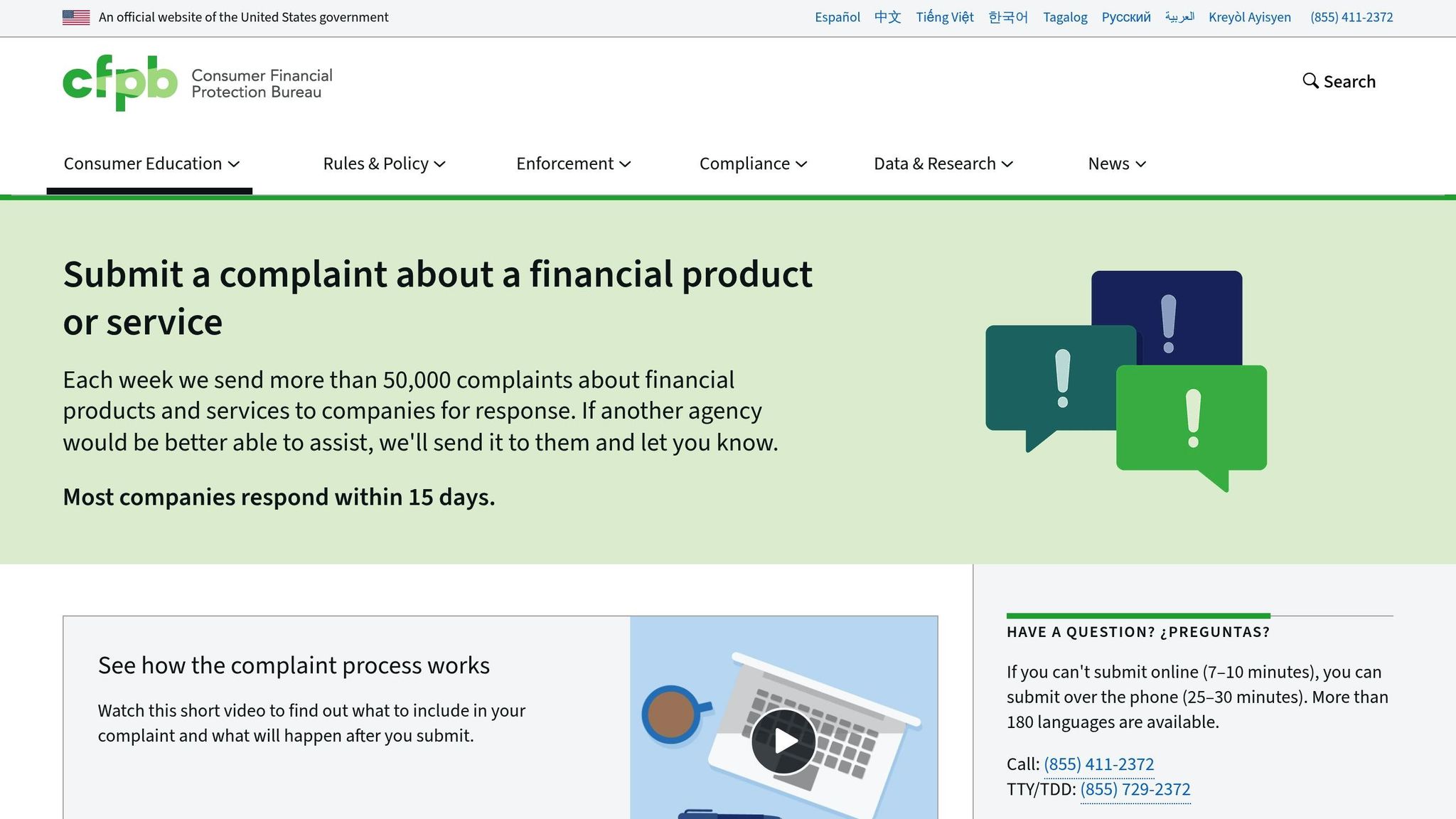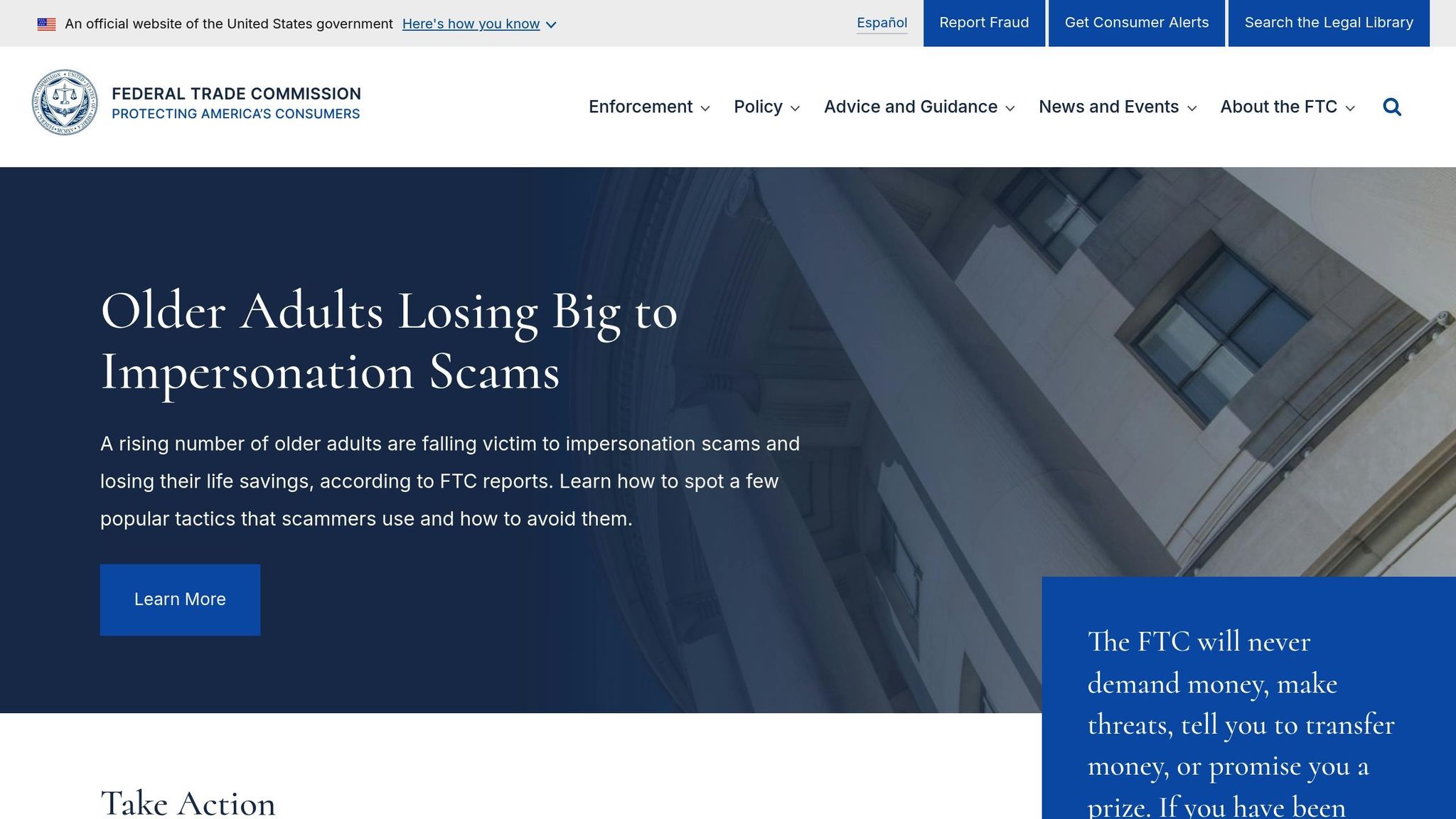Dealing with harassment from debt collectors can be overwhelming, but you have rights under the Fair Debt Collection Practices Act (FDCPA) to protect yourself. If collectors are using threats, abusive language, or contacting you excessively, you can take action by documenting their behavior and reporting them. Here’s how:
- Understand Your Rights: Debt collectors cannot call at odd hours, use threats, or misrepresent themselves. They must also stop contacting you if you send a written request.
- Gather Evidence: Keep records of calls, messages, and any abusive behavior. Save voicemails, emails, and screenshots of social media messages.
- Report the Harassment: File complaints with agencies like the Consumer Financial Protection Bureau (CFPB), Federal Trade Commission (FTC), and your State Attorney General’s Office. Each has specific processes to address violations.
- Send a Cease and Desist Letter: Request that collectors stop contacting you. Use certified mail and keep a copy for your records.
How To Report Debt Collector Harassment? – CountyOffice.org

Your Rights Under U.S. Law
Understanding your legal rights can help you put a stop to debt collector harassment. Both federal and state laws are in place to shield you from abusive collection practices, giving you the tools to take action when collectors overstep their bounds. Knowing what qualifies as harassment is the first step to recognizing when these protections apply.
What Is Debt Collector Harassment?
Debt collector harassment happens when agencies resort to abusive, deceptive, or unfair tactics to collect debts. This behavior crosses the line from legitimate efforts to intimidation and abuse.
Examples of harassment include:
- Repeated calls at all hours of the day or night
- Using profanity or making threats of violence or arrest
- False claims about imprisonment or wage garnishment
- Publicly shaming you by contacting your employer or family
- Misrepresenting their authority or legal power
- Reaching out through social media or publishing your name on so-called "deadbeat" lists
While legitimate debt collection involves respectful communication about valid debts, harassment relies on scare tactics and dishonesty to pressure you into paying.
Key Protections Under the FDCPA
The Fair Debt Collection Practices Act (FDCPA) is a federal law designed to protect consumers from aggressive third-party debt collection practices. Enacted in 1978, it sets strict rules that collectors must follow.
Communication Restrictions
Collectors are limited in when and where they can contact you. For example:
- Calls are only allowed between 8:00 AM and 9:00 PM in your local time.
- Collectors must stop calling your workplace if you inform them that your employer doesn’t allow such calls.
- If you send a written request asking them to stop contacting you, they are legally required to comply.
Privacy Protections
Your personal information is safeguarded under the FDCPA. Debt collectors can only discuss your debt with you, your spouse, or your attorney. They are prohibited from:
- Contacting your employer, except to verify employment details
- Leaving detailed messages about your debt with family members or on voicemail systems where others might hear
Truthfulness Requirements
Collectors must be honest about your debt and their authority. They cannot:
- Pretend to be attorneys or government officials if they’re not
- Misrepresent the amount you owe
- Threaten legal action they cannot take
Additionally, they’re required to send you written validation of the debt within five days of their first contact. This document must include the creditor’s name and explain your right to dispute the debt.
Prohibition of Abusive Behavior
The FDCPA bans outright abusive actions. Collectors cannot:
- Use profanity or make threats of violence
- Harass you with repeated calls
- Add unauthorized fees to your debt
- Threaten illegal actions or actions they do not intend to take
State Protections
Beyond the FDCPA, many states have their own laws that offer even stronger protections. These might include stricter limits on how often collectors can contact you, additional licensing requirements for collection agencies, or harsher penalties for violations. Federal and state laws work together to give you multiple ways to defend yourself when collectors violate your rights.
Collecting Evidence of Harassment
When dealing with harassment, documenting every interaction is crucial to building a strong case. Keeping a detailed record ensures you have credible evidence to support your claims.
What Evidence Should You Collect?
Here are some types of evidence that can help you establish a pattern of harassment:
- Phone Call Records: Take screenshots of call logs, especially if there’s an unusual frequency of calls or they occur at odd hours.
- Call Recordings: If your phone supports call recording, use this feature – but make sure to check your state’s laws regarding consent for recording conversations.
- Voicemail Recordings: Save any threatening or abusive voicemails and create backup copies for safekeeping.
- Written Correspondence: Retain letters, emails, or text messages from collectors. These documents might contain misleading statements about your legal obligations. Scan them for a digital backup.
- Social Media Screenshots: If a collector contacts you on platforms like Facebook or Instagram, take screenshots of the entire conversation thread.
- Witness Statements: If others, such as family members or coworkers, witness the harassment – like a collector discussing your debt with someone unauthorized – ask them to document the date, time, and details of what they observed.
- Financial Records: Keep original credit agreements, payment histories, or other documents that verify the debt in question.
By gathering these items, you create a solid foundation of evidence to support your claims.
How to Keep a Detailed Interaction Log
An interaction log is a powerful tool for organizing incidents into a clear, chronological record. Here’s how to maintain it:
- Record Every Interaction: Note the date, time, duration, and details of each call or message. Be specific about any threats or misleading statements made.
- Track Contact Frequency: Document how often collectors attempt to contact you, including missed calls. This helps establish a pattern of harassment.
- Log Your Response: Write down how each interaction affected you emotionally or mentally, such as causing stress or anxiety. This can demonstrate the personal toll of the harassment.
- Use Multiple Formats: Keep your log in both a physical notebook and a digital file with cloud backup. Never alter past entries – if new details come to light, add them as updates and reference related evidence (e.g., "See voicemail from 10/15/2025").
- Review Regularly: Periodically go through your log to ensure it’s complete and accurate. Reviewing your records can also help identify patterns that strengthen your case.
How to Report Debt Collector Harassment
If you’re dealing with harassment from a debt collector, taking action is crucial. Once you’ve gathered evidence, you can use several reporting channels to protect your rights and stop the unwanted behavior. Here’s how to proceed:
Send a Cease and Desist Letter
Start by sending a cease and desist letter to the debt collector. This letter should clearly state that you no longer wish to be contacted. To ensure it’s received, send it via certified mail and keep a copy for your records. Under the Fair Debt Collection Practices Act (FDCPA), collectors must honor your communication preferences, though they may send one final notice to confirm receipt or outline any legal actions they intend to take.
Your letter should be concise and include your full name, address, and account number. Clearly state your request, such as: "I request that you cease all communication with me regarding the alleged debt." If you prefer, you can also ask that any future communication be in writing. Be sure to date the letter and document any contact that occurs after the collector receives it.
File a Complaint With the Consumer Financial Protection Bureau (CFPB)

The Consumer Financial Protection Bureau (CFPB) is the next step. You can file a complaint through their online portal at consumerfinance.gov, where you can also upload the evidence you’ve gathered.
When submitting your complaint, include as many details as possible: dates, times, and descriptions of each harassment incident. The CFPB will forward your complaint to the debt collection company and share their response with you. This process not only addresses your specific case but also helps the CFPB identify patterns of abusive behavior. Additionally, your state attorney general can take further action based on your complaint.
Report to Your State Attorney General’s Office
Your state attorney general’s office often has a consumer protection division that handles complaints about debt collection harassment. You can contact them through their hotline or website to file a report. Many states offer additional protections beyond federal laws, and state authorities may take further action against violators.
By filing a complaint with your state attorney general, you’re not just addressing your own situation – you’re contributing to broader efforts to curb abusive practices in the debt collection industry.
Contact the Federal Trade Commission (FTC)

If other channels don’t resolve the issue, consider reporting the harassment to the Federal Trade Commission (FTC). The FTC monitors deceptive and abusive debt collection practices. While they don’t handle individual complaints like the CFPB, your report helps them identify trends and take enforcement action against companies breaking the law.
To file a complaint, visit reportfraud.ftc.gov or call 1-877-FTC-HELP. The FTC uses the information you provide to flag companies engaging in illegal practices and shares this data with law enforcement agencies nationwide. By reporting, you’re playing a role in holding abusive collectors accountable.
sbb-itb-2a9374f
Where to File Your Complaint
Once you’ve gathered your evidence, it’s time to report the harassment to the proper agency. Depending on your situation, you can file complaints at the federal or state level, as different organizations handle specific types of issues.
At the federal level, two key agencies to consider are the Consumer Financial Protection Bureau (CFPB) and the Federal Trade Commission (FTC). Both play essential roles in addressing debt collection harassment. On the state level, your Attorney General’s office can be a powerful ally, especially since many states have their own debt collection laws offering protections beyond federal regulations.
The CFPB has been particularly active in cracking down on abusive practices, recently imposing substantial penalties on violators. Meanwhile, the FTC focuses on identifying and tackling fraud across entire industries. The chart below provides a side-by-side comparison of your federal and state options to help you decide where to file.
Agency Comparison Chart
| Agency | Complaint Process | Response & Enforcement | Best For |
|---|---|---|---|
| Consumer Financial Protection Bureau (CFPB) | Sends complaints to companies and seeks a response. Can directly enforce penalties against violators. | Typically responds within 15 days; known for strong enforcement, including financial penalties. | Resolving individual complaints and addressing federal debt collection law violations. |
| Federal Trade Commission (FTC) | Collects complaints to identify patterns but does not resolve individual cases. | No specific timeline for resolutions; enforcement includes legal action or banning violators. | Tackling industry-wide fraud and abuse. |
| State Attorney General | Investigates complaints and can pursue legal action under state laws. | Varies by state; enforcement depends on state-specific regulations. | Dealing with violations of state debt collection laws and securing local assistance. |
| FDIC / Federal Reserve / OCC / NCUA | Handles complaints tied to federally insured institutions and forwards cases to appropriate regulators as needed. | Response times vary by agency; focuses on oversight of regulated institutions. | Issues involving banks or credit unions under federal jurisdiction. |
To act quickly, you can contact the CFPB at 1-855-411-2372 or the FTC at 1-877-FTC-HELP. If your complaint involves a banking institution and you’re unsure which agency oversees it, reach out to the FDIC at 1-877-ASK-FDIC (1-877-275-3342).
"We’re the Consumer Financial Protection Bureau (CFPB), a U.S. government agency that makes sure banks, lenders, and other financial companies treat you fairly."
– Consumer Financial Protection Bureau
Use the chart and contact information above to identify the best agency for your situation and file your complaint promptly.
More Resources for Debt Relief
Dealing with harassment from debt collectors can feel overwhelming, especially when you’re already struggling with financial challenges. Tackling this harassment is important, but it’s equally critical to take control of your overall debt situation to work toward lasting relief.
If you’re receiving frequent calls from collectors, it might be a sign that your debt has reached a critical point. The combination of constant stress and mounting bills can make finding a way forward seem impossible. To regain control of your financial situation, consider exploring resources designed to help you manage debt effectively.
How Steps To Be Debt Free Can Help

One resource worth exploring is Steps To Be Debt Free. This program offers a structured, step-by-step process to assess your financial situation and uncover actionable solutions. It starts with a free debt review consultation, where you provide details about your debts, payment history, and overall financial picture. Using this information, the program creates a personalized plan that factors in your income, expenses, and the types of debt you owe. The goal? To guide you toward options like tailored payment plans or debt consolidation.
By focusing on reducing your total debt, this approach helps address the root causes that often lead to persistent calls from collectors. Plus, having a clear understanding of your financial situation can make it easier to handle aggressive collection tactics with confidence.
The program also offers a user-friendly way to organize all your debt information in one place, making it easier to track your progress. And since the initial consultation is free, you can explore your options without adding to your financial stress. This can be a crucial step toward achieving financial stability and reducing the pressure of dealing with relentless collection practices.
Conclusion
Facing harassment from debt collectors can feel overwhelming, but you don’t have to face it alone or feel helpless. Understanding your rights under the FDCPA and taking action to report abusive practices can put an end to illegal behavior. By gathering evidence, sending cease-and-desist letters, and filing complaints with the appropriate agencies, you can take meaningful steps to protect yourself.
Time is of the essence – document every incident and file complaints as soon as possible. Agencies tasked with overseeing debt collection take these violations seriously and have the power to investigate and penalize companies that break the rules.
While stopping harassment is a priority, it’s equally important to tackle the root cause: your debt. Taking control of your financial situation can help you avoid future issues with collectors. Resources like Steps To Be Debt Free offer personalized plans to help you manage your debt. Their free debt review consultation provides clarity on your options without adding financial strain, giving you a clear path forward.
FAQs
What should I do if a debt collector keeps contacting me after I’ve sent a cease and desist letter?
If a debt collector keeps contacting you after you’ve sent a cease and desist letter, the first step is to confirm they actually received it. To avoid any doubt, it’s best to send the letter via certified mail with a return receipt. This gives you solid proof they got it.
If they continue to disregard your request, you have options. You can file a complaint with the Consumer Financial Protection Bureau (CFPB) or reach out to your state’s attorney general. Also, the Fair Debt Collection Practices Act (FDCPA) gives you the right to pursue legal action if the collector is breaking federal law. These measures can help enforce your rights and ensure the debt collector is held accountable.
What qualifies as harassment by a debt collector under the FDCPA?
Under the Fair Debt Collection Practices Act (FDCPA), debt collectors are prohibited from engaging in harassment, which includes any actions meant to intimidate, oppress, or abuse. Examples of such behavior include:
- Using threats or obscene language
- Calling repeatedly to annoy or intimidate
- Sharing false or misleading information
If a collector’s behavior feels hostile, threatening, or abusive, it could be a violation of the FDCPA. Make sure to document all interactions carefully – these records can be crucial if you decide to file a complaint or take legal steps.
What extra protections against debt collector harassment might be available in my state?
In addition to the federal Fair Debt Collection Practices Act (FDCPA), many states have their own laws that go even further to shield consumers from debt collector harassment. For instance, California’s Rosenthal Fair Debt Collection Practices Act (RFDCPA) sets tighter restrictions on collection practices, while Illinois has its own laws targeting unfair or abusive behavior by collectors.
These state-specific laws often place tougher limits on how and when debt collectors can reach out to you. They may also impose extra penalties for any violations. If you want to make sure you’re fully protected, it’s worth looking into the laws in your state or speaking with a legal professional who knows consumer rights in your area.

